The Chancellor’s speech may have been billed as a “mini budget” but there was nothing diminutive about the package of changes Kwasi Kwarteng announced on 23 September. The Chancellor’s overall aim is to achieve a trend rate of growth in the UK of 2.5% per annum, and in a change from recent fiscal policy, the government is hoping that growth be derived from more money circulating in the economy following an aggressive package of tax cuts.
The 3 October reversal of the Chancellor’s original plan to cut the top rate (45%) of income tax continues to grab headlines. For now, the basic rate of income tax will be reduced from 20% to 19% from April 2023, and the planned introduction of the Health and Social Care Levy has been scrapped. The 1.25% rise in National Insurance contributions will be removed from November 2022.
For businesses, the rate of corporation tax will be maintained at 19% and 38 new low-tax investment zones created, with the government clearly hoping that these measures will attract investment into the UK and stimulate investment, particularly outside of London. Confirmation that the Annual Investment Allowance will be set at £1 million rather than reducing to £200,000 in March 2023 will be welcome, especially given that the 130% super deduction currently in place is not expected to be extended.
The threshold before Stamp Duty Land Tax becomes payable is increased from 23 September 2022 from £125,000 to £250,000. First time buyers will benefit from an SDLT nil rate band of £425,000. The value of property on which first time buyers can claim relief is increased from £500,000 to £625,000.
Personal Taxes
• Additional tax rate abolished (45%) from 6 April 2023
• Basic rate of income tax cut from 20% to 19% from 6 April 2023
• Dividend tax rates to have 1.25% increase reversed from 6 April 2023
• 1.25% increase in employee National Insurance contributions introduced in April 2022 cancelled from November 2022; Health and Social Care Levy due to commence in April 2023 will not go ahead.
Business Taxes
• Increase in corporation tax from 19% to 25% from April 2023 cancelled
• Annual Investment Allowance to remain at current level of £1 million
• Changes introduced in 2017 and 2021 to IR35 rules to be scrapped
• 1.25% increase in employer National Insurance contributions removed from November 2022
• 38 new tax-advantaged investment zones to be introduced, with reliefs for SDLT and enhanced 100% first year capital allowances on plant and machinery
• Leicestershire, Nottingham and Derbyshire County Councils are among the 38 local authorities lined up to be new investment zones
• No employer National Insurance on new employees’ salaries up to £50,270
• Seed Enterprise Investment Scheme (SEIS) investment cap to increase to £250,000, gross assets limit extended to £350,000 and company age limit increased to three years
• Limit on options which can be granted under the tax-advantaged Company Share Option Plan (CSOP) rules to be doubled to £60,000
• Diverted profits tax rate to remain at 25%
• Reduction in bank surcharge to 3% scrapped and rate maintained at 8%
• Bankers’ bonus cap removed.
Indirect Taxes
• SDLT threshold increased to £250,000 for all purchasers; threshold for first time buyers raised to £425,000
• New VAT-free shopping scheme introduced for overseas visitors
• Alcohol duty frozen from 1 February 2023.
Other
• £60 billion package to help with the rising costs of energy
• Building of new homes to be encouraged on unused government land
• Increased support for unemployed people aged over 50
• Introduction of minimum service levels to limit the impact of strike action
• Reforms to pension rules to encourage UK investment, particularly in science and technology companies.
Further details of the measures announced on 23 September will no doubt emerge over the coming weeks, but there is certainly plenty for individuals and businesses to digest in the meantime.
